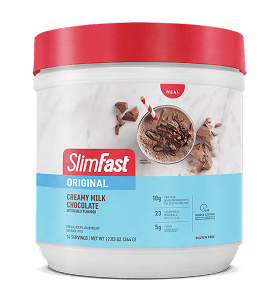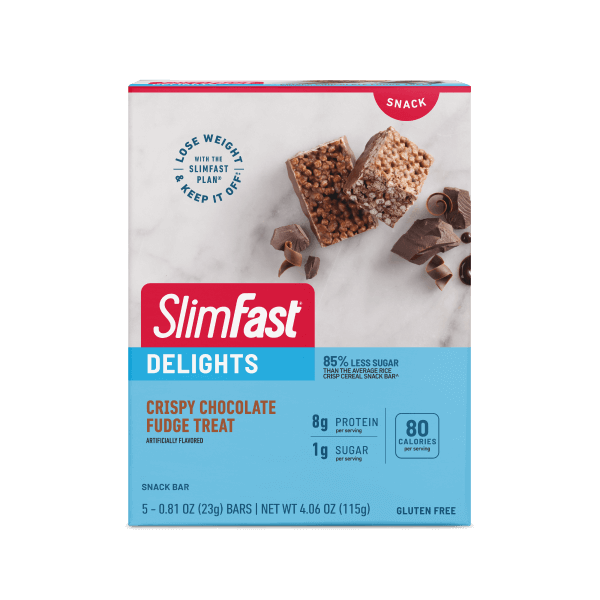If your goal is to lose weight, it’s crucial to understand your personal calorie needs because weight loss occurs only with a calorie deficit. While some people believe that following an ultra-low calorie diet is the best approach, such diets can harm your health and do not support long-term weight management goals.

General Recommendation
Caloric needs vary from person to person, so it's essential to know your specific requirements. Once you understand your needs, you can adjust your intake to create a calorie deficit for weight loss. However, it’s not advisable to consume fewer than 1,200 calories per day, as this can potentially lead to severe health consequences.
Why Calories Matter & Metabolism
Your body needs calories to function properly. Basal Metabolic Rate (BMR) is the minimum amount of calories the body requires at rest to help the body function normally. For example, the heart requires energy to pump blood and the brain requires energy to function properly. Every system in the body requires some form of energy, whether it's your nervous system, digestive system or muscular system.
Your body can metabolize or break down all three macronutrients carbohydrates, protein and fat to release energy. Different foods also provide different calories, but there is only one standard by which we measure macronutrients.
- Carbohydrates provides 4 calories per gram
- Protein provides 4 calories per gram
- Fat provides 9 calories per gram
Also, metabolism may increase with increased muscle mass and increased level of activity. Therefore, the more physically active you are, then the more energy is required.

Low Calorie Diets
Extremely low calorie intakes can lower your metabolism and cause your body to retain weight. If you don't consume enough calories, your body may start breaking down muscle tissue and fat to use as energy. Therefore, understanding and adjusting your calorie intake appropriately is important.
Weight Plateaus
During weight loss, it's common to see significant progress initially, followed by a plateau. This plateau can occur due to body adaptations, overly restrictive diets, and inadequate calorie intake. Remember, your caloric needs depend on factors such as sex, age, height, and weight. As your weight changes, re-evaluate your needs and adjust your intake accordingly.
Create Balance
Sustainable weight loss involves balance and variety. Weight loss doesn't have to be extreme or highly restrictive. You don't need to cut out specific foods or entire food groups. Aim for a diet with sufficient calories to meet your body’s needs, including foods from all five food groups.
You can still enjoy your favorite foods while working towards your goal. Focus on adopting healthy practices, which will soon become part of your daily routine. Healthy habits can lead to long-term success in your weight management journey. Emphasize balanced nutrition and regular physical activity as part of your lifestyle.




